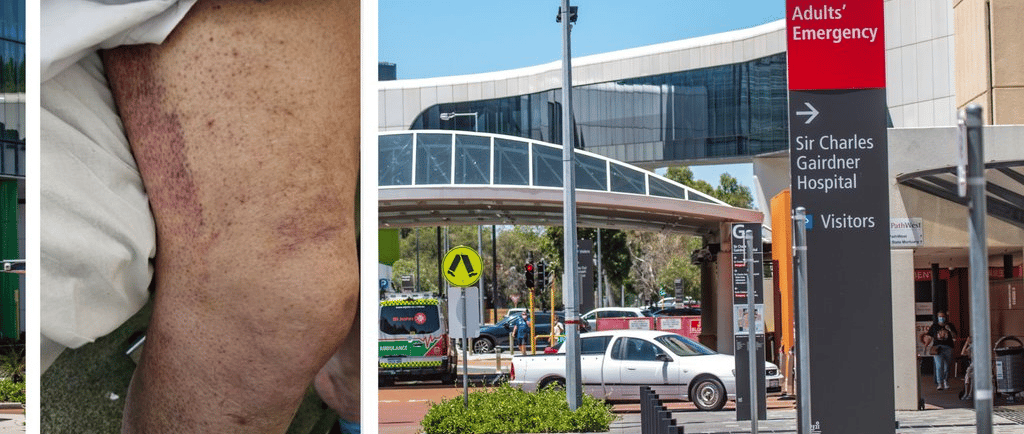Scurvy Returns: A Wake-Up Call Amid Perth’s Cost-of-Living Crisis
A Perth man’s scurvy diagnosis highlights the resurgence of this once-rare disease, now linked to financial hardship and poor nutrition in Australia’s cost-of-living crisis.
NUTRITION


In a sobering reminder of the fragility of public health, a man in his early 50s was recently diagnosed with scurvy at Sir Charles Gairdner Hospital in Perth. Once considered a disease of the past, scurvy—a severe vitamin C deficiency—is making an unexpected return, underscoring the profound impact of Australia’s escalating cost-of-living crisis on public health. The Guardian
The Resurgence of a Forgotten Disease
Scurvy was historically prevalent among sailors during long sea voyages, where the lack of fresh produce led to vitamin C deficiencies. Today, it is a rare condition in developed nations. However, this recent case in Perth challenges that assumption. The patient presented with painful red-brown rashes on his legs, blood in his urine, and anemia. Despite extensive tests, no underlying cause was identified until a detailed dietary history revealed a lack of fresh fruits and vegetables, compounded by financial constraints leading to skipped meals and discontinued nutritional supplements. The Guardian
Blood tests confirmed undetectable levels of vitamin C and low levels of other essential nutrients, leading to a diagnosis of scurvy. Treatment included high-dose vitamin C supplementation, along with vitamin D3, folic acid, and multivitamins. Remarkably, the patient's symptoms began to resolve within 24 hours, highlighting the effectiveness of timely intervention. The Guardian
Economic Hardship as a Catalyst
This case is not an isolated incident. Experts warn that scurvy is re-emerging as a public health concern due to the rising cost of living, which forces individuals to rely on cheaper, nutrient-poor foods. Dr. Andrew Dermawan, who treated the Perth patient, emphasized that scurvy is often overlooked because it is considered a disease of the past. However, with increasing economic pressures, more individuals are at risk. The Guardian
The patient's history of bariatric surgery further complicated nutrient absorption, making him more susceptible to deficiencies. Additionally, the discontinuation of prescribed supplements due to cost underscores the broader issue of healthcare accessibility and affordability. Dr. Tim Senior, chair of the Royal College of General Practitioners' specific interest group on poverty and health, likened the patient to a "canary in the coalmine," warning that such cases may become more prevalent if economic disparities continue to widen. The Guardian
A Wake-Up Call for Public Health
The resurgence of scurvy serves as a stark reminder of the critical need for affordable access to nutritious food. While the immediate symptoms of scurvy can be reversed with appropriate supplementation, the underlying issue—nutritional insecurity—requires systemic change. Addressing the cost-of-living crisis and ensuring equitable access to healthy food options are essential steps in preventing the re-emergence of such preventable diseases.
Public health initiatives must focus not only on treatment but also on prevention through education, community support, and policy reforms that address the root causes of food insecurity. Only through comprehensive efforts can we hope to eliminate the conditions that allow diseases like scurvy to resurface in the modern era.
All rights belong to their respective owners. This article contains references and insights based on publicly available information and sources. We do not claim ownership over any third-party content mentioned.
